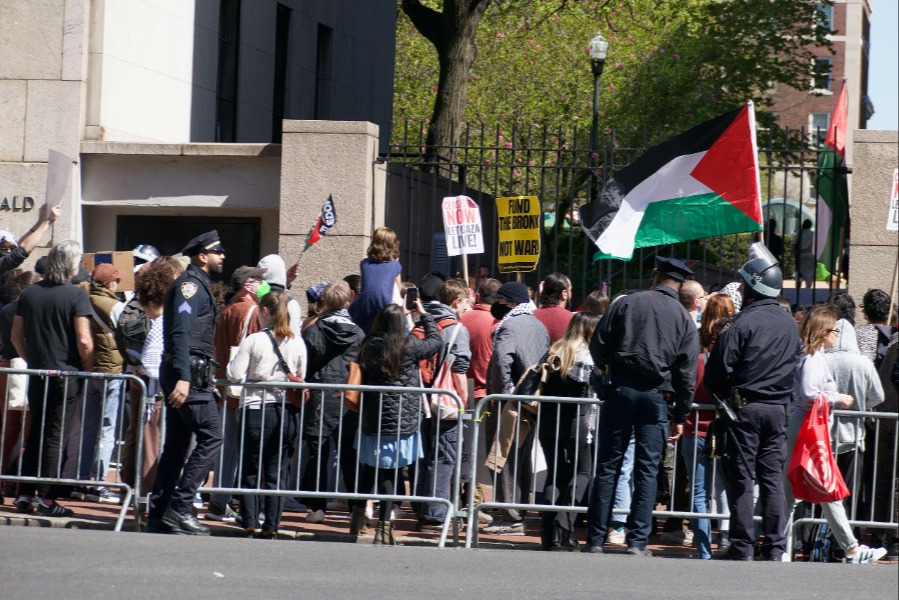Prosecuting Untargeted Online Advocacy of Terrorism and the Brandenburg Test
An important and interesting indictment issued today (see here for the pdf), in the Eastern District of Virginia.
Emerson Begolly, an American citizen from Pennsyvlania (who already was under arrest after he assaulted FBI agents who were attempting to interview him back in January), allegedly was a "moderator" and frequent poster on the Ansar al-Mujahideen English Forum, frequently urging readers to carry out violent acts against Americans. He also made available on the site a manual
Published by The Lawfare Institute
in Cooperation With

An important and interesting indictment issued today (see here for the pdf), in the Eastern District of Virginia.
Emerson Begolly, an American citizen from Pennsyvlania (who already was under arrest after he assaulted FBI agents who were attempting to interview him back in January), allegedly was a "moderator" and frequent poster on the Ansar al-Mujahideen English Forum, frequently urging readers to carry out violent acts against Americans. He also made available on the site a manual for making explosives. Based on this, he is now charged with soliciting a crime of violence (18 USC 373(a)) and distributing information relating to explosives (18 USC 842(p)(2)(A)).
The solicitation charge raises many interesting questions. First, is the statute properly interpreted to encompass a generalized solication (i.e,. no particular person as the solicitee)? I assume this has come up in the past, and it may be that this is an uncontroversial reading of the statute's scope. Or perhaps this is really unusual. I'll update with whatever feedback I get on this point. But let's assume section 373 does apply. The next question is whether this application violates Brandenburg (i.e., the idea that advocacy of illegal or even violent conduct is constitutionally protected unless the advocated offense is imminent and likely to occur). The legislative history of the solicitation statute shows Congress was conscious of this concern, and had the view that the typical solicitation scenario (the guy who tries to hire a hitman) would avoid the problem. But of course this open-ended, untargeted advocacy of terrorism might be viewed as different in kind, and more akin to the traditional Brandenburg scenario. And that in turn might impact the first question above regarding interpretation of the statute, in light of the principle of constitutional avoidance. Note, too, that there are oodles of articles over the past ten years that have raised the question whether Brandenburg should in fact continue to be the standard in the context of fact patterns just like this. Perhaps this case will put the question to the test.
Another interesting aspect of the indictment: no material support charge. Of course, the could not be one under 18 USC 2339B, the 1996 material support law, as that one requires support be rendered to a particular designated foreign terrorist organization. But the 1994 material support law, 18 USC 2339A, requires only that support (including expert advice or assistance, ala the training manual at issue here perhaps) be given in furtherance of any of the various predicate crimes listed in that statute, some of which might be thought applicable here (perhaps 18 USC 844(f), 18 USC 1992, etc.). Not quite sure why that one is not there as well.
Robert (Bobby) Chesney is the Dean of the University of Texas School of Law, where he also holds the James A. Baker III Chair in the Rule of Law and World Affairs at UT. He is known internationally for his scholarship relating both to cybersecurity and national security. He is a co-founder of Lawfare, the nation’s leading online source for analysis of national security legal issues, and he co-hosts the popular show The National Security Law Podcast.





